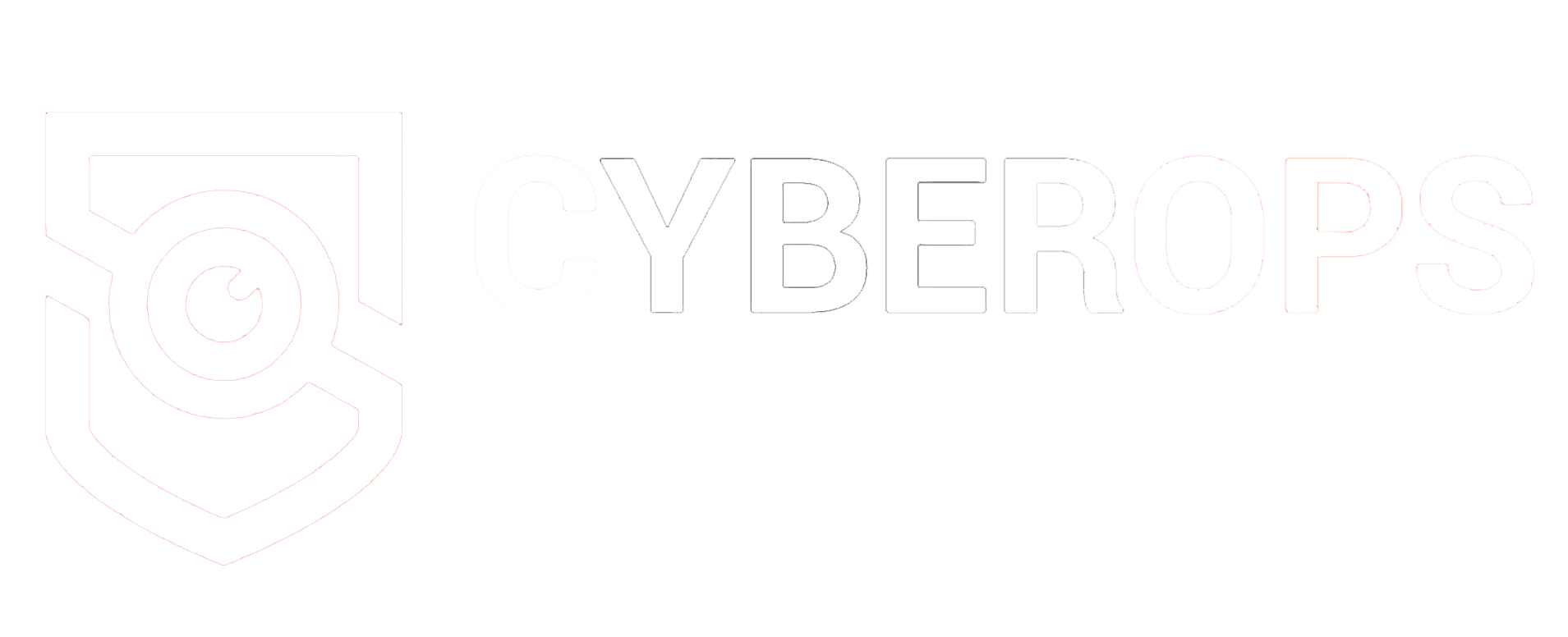Virtual Private Network (VPN)
By Prempal Singh
What is VPN
A VPN or Virtual Private Network is a technique used to add security and privacy to private and public networks, like WiFi Hotspots and the Internet. VPNs are generally employed by corporations to protect sensitive data. However, by using a personal VPN is more and more becoming very popular as more interactions which were previously face-to-face transition online. Privacy is increased with a VPN because the user’s primary IP address is changed with one from the VPN provide. This method allows subscribers to add an Internet protocol address from any gateway city the VPN service provides. For instance, you may stay in USA, but with a VPN, you can appear to stay in India, Nepal, or any number of gateway metropolitan areas.

Why to use VPN
A VPN is a method to beef up your security and gain access to resources on a network you’re not physically linked to. What you choose to do with a VPN is a different story. Usually, VPN users get into a few individual categories:
- The student/worker: This kind of person has tasks to attend, and uses a VPN provided by way of a college, an institution, an university or company to get into resources on their network when they’re at home or traveling. In most instances, this person already has a free VPN service provided to them, so they’re not exactly looking around. Also, if they’re concerned about security, they can always fire up their VPN when utilizing airport or coffee shop WI-Fi to ensure no one’s snooping on their connection.
- The downloader: Whether they’re downloading legally or illegally, this person doesn’t want on some company’s witch-hunt list just because they have a torrent app installed on their computer. VPNs are the only way to stay safe when using something like BitTorrent—everything else is just a false sense of security. Better safe than trying to defend yourself in court or paying a massive fine for something you may or may not have even done, right?
- The privacy oriented and security advocate: If they’re an in a strictly monitored environment or a completely free and open one, this person uses VPN services to keep their communications secure and encrypted and away from prying eyes whether they’re at home or abroad. To them, unprotected connections mean someone’s reading what you say.
- The globetrotter: This person desires to view the Olympics live as they happen, without dealing with their crummy local networks. They want to check out their exclusive TV shows as they air rather than waiting for translations or re-broadcasts (or watch the versions shown in other countries, ) listen to location-restricted internet radio, or want to utilize a new web service or software that looks great but for some reason is restricted to a specific country or region.
- Combination of the above: Odds are, even for anyone who is not one of these people most of the time, you’re some mix of them depending on what you’re doing. In all of these cases, a VPN service is a good idea, whether it’s simply a matter of protecting yourself when you’re out and about, whether you deal with sensitive data for your job and don’t would like to get fired.
VPN Network Protocol
There are three main network protocols for use with VPN tunnels. These protocols are generally incompatible with each other. They include the following:
- IPSec – A set of protocols developed by the IETF to support secure exchange of packets at the IP layer. IPsec has been deployed widely to implement VPNs. IPsec supports two encryption modes: Transport and Tunnel.
- PPTP – The Point-to-Point Tunneling Protocol is a technology for creating VPNs, developed jointly by Microsoft, U.S. Robotics and several remote access vendor companies, known collectively as the PPTP Forum.
- L2TP – Layer Two (2) Tunneling Protocol is an extension to the PPP protocol that enables ISPs to operate Virtual Private Networks (VPNs).
